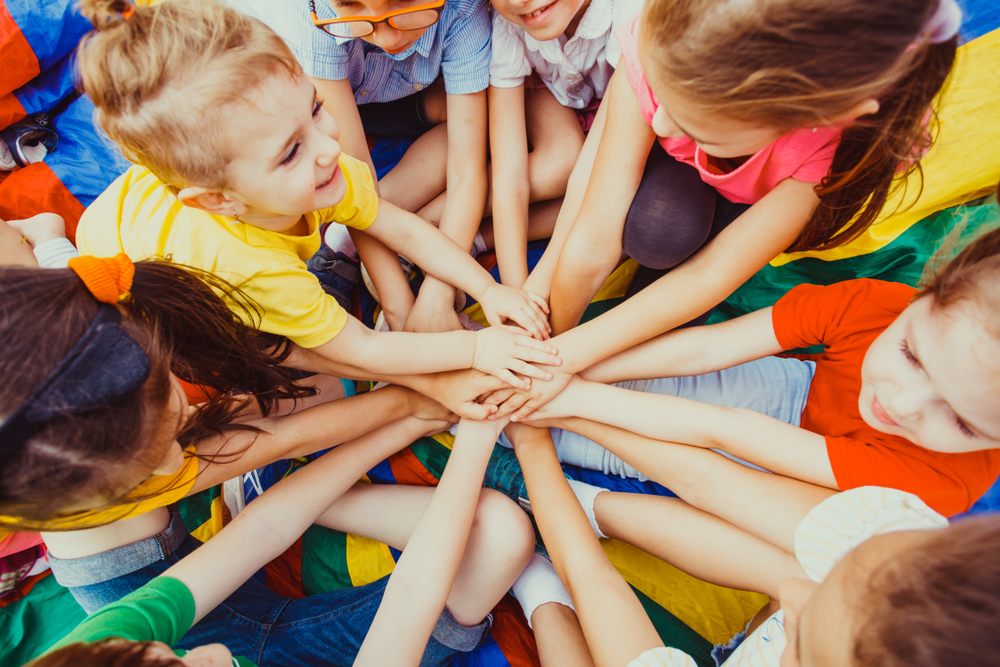Understanding measurements Extra Challenge Math Worksheets for Ages 6-8
6 filtered results
-
From - To
Boost your child's math skills with our "Understanding Measurements Extra Challenge Math Worksheets" designed for ages 6-8! Perfect for young learners, these engaging worksheets provide a variety of stimulating exercises that cover essential measurement concepts. Students will practice estimating and comparing lengths, weights, and capacities, converting units, and solving real-world measurement problems. Through these fun and challenging activities, little mathematicians will develop a deeper understanding of measurement principles while enhancing their critical thinking and problem-solving abilities. Ideal for both classroom and home use, these printable worksheets are a fantastic resource for reinforcing math learning with an extra challenge.
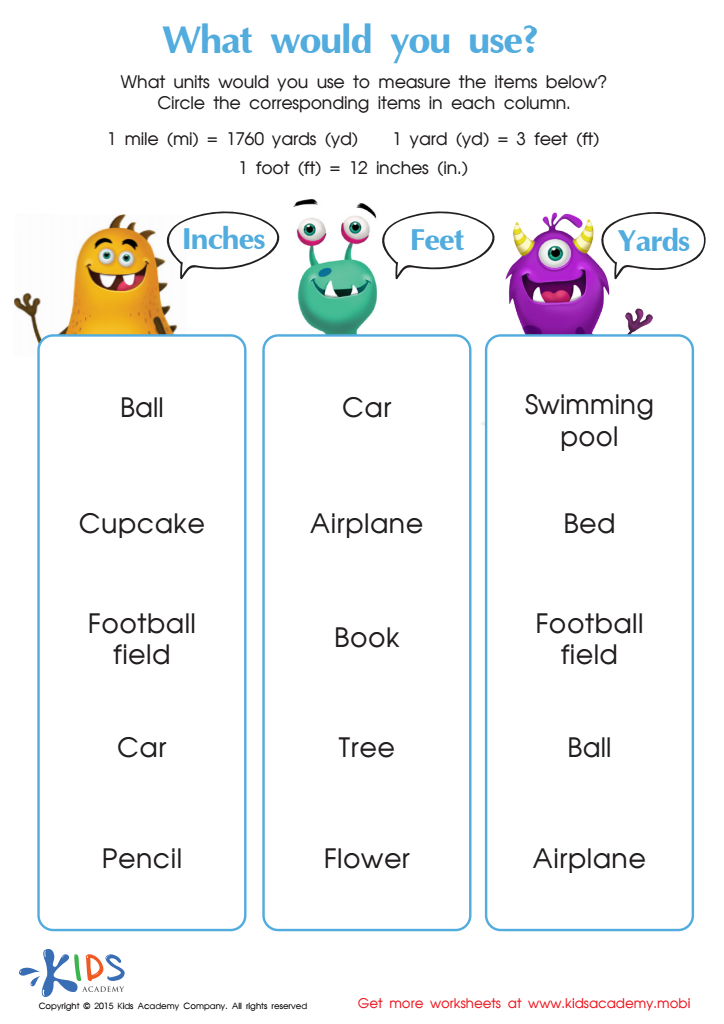

Learning about measuring objects in inches, feet and yards Worksheet
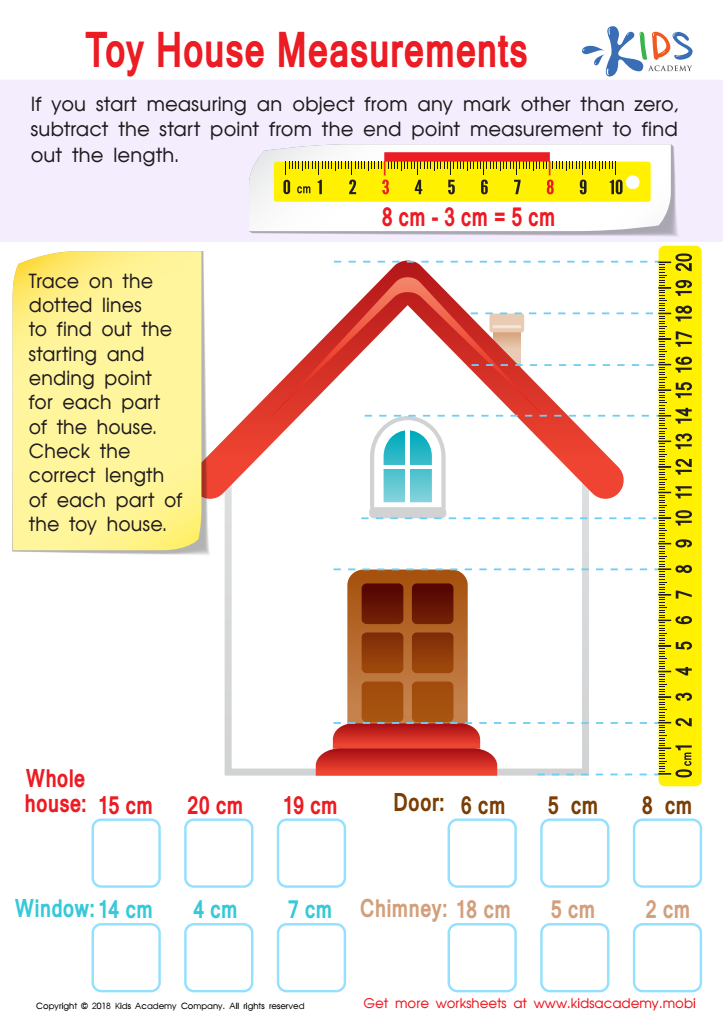

Toy House Measurements Worksheet
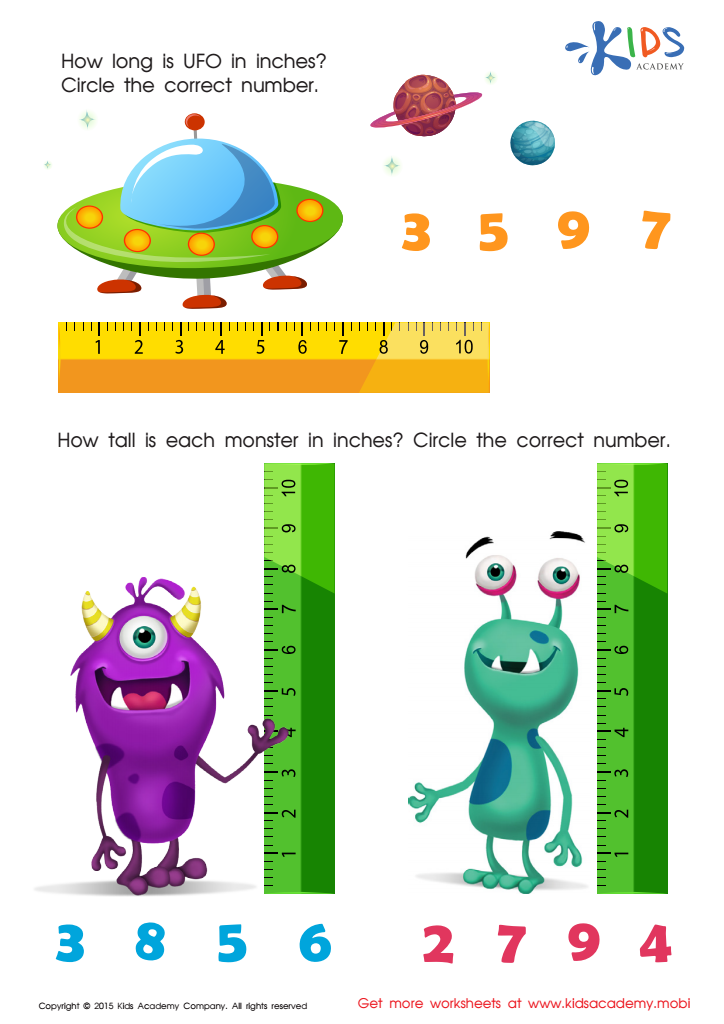

Measuring in Inches Worksheet
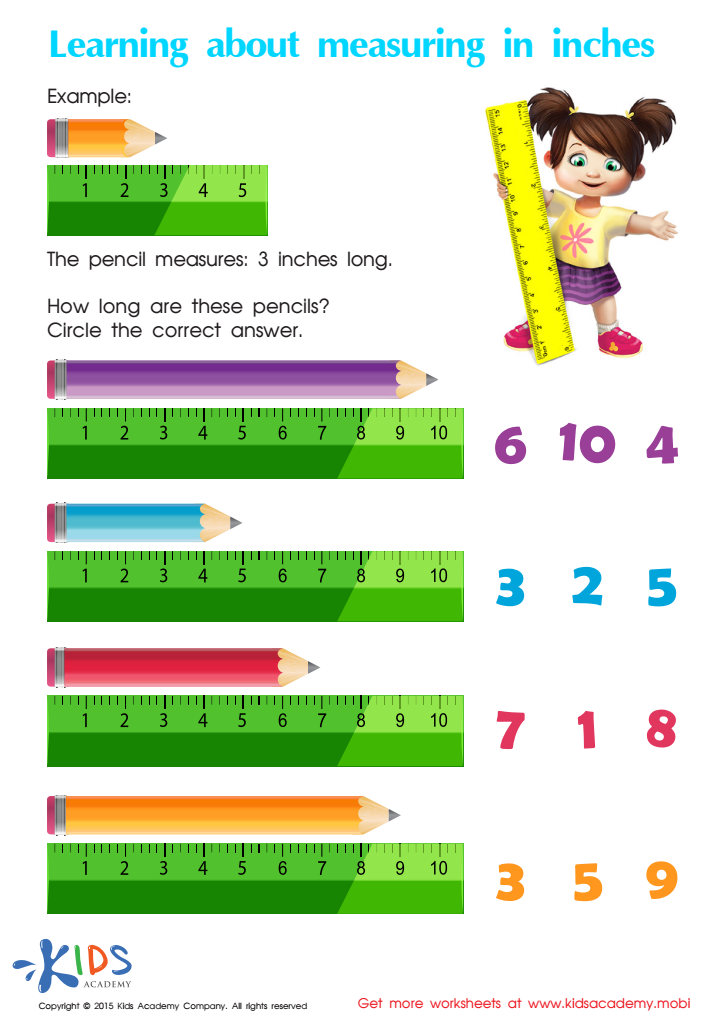

Learning About Measuring In Inches Printable
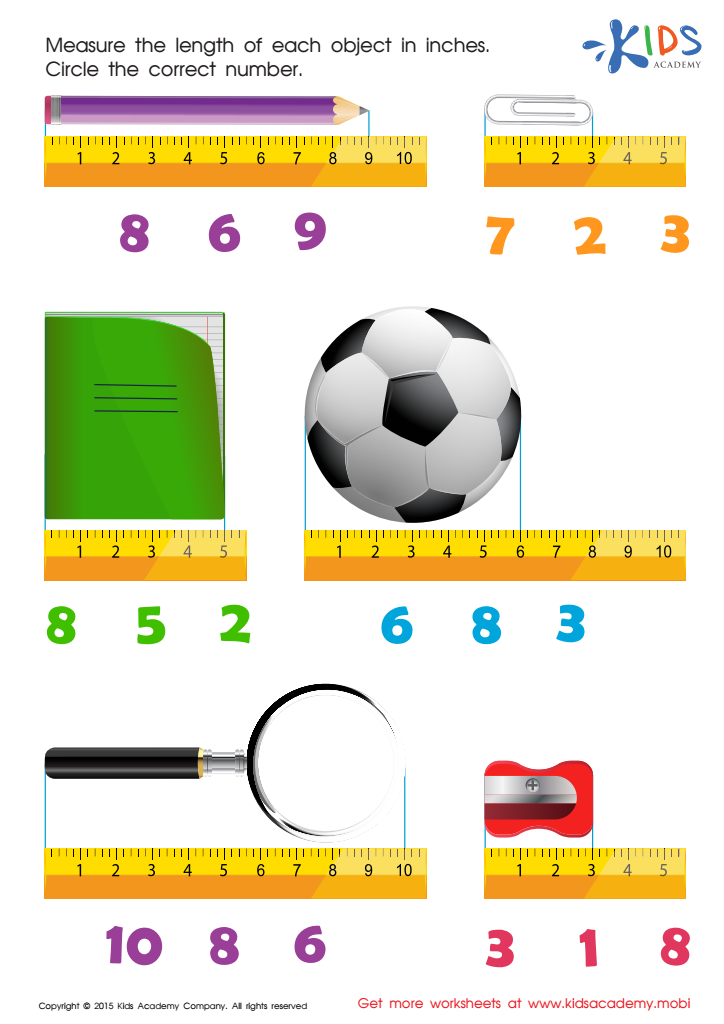

Learning measuring objects in inches Worksheet
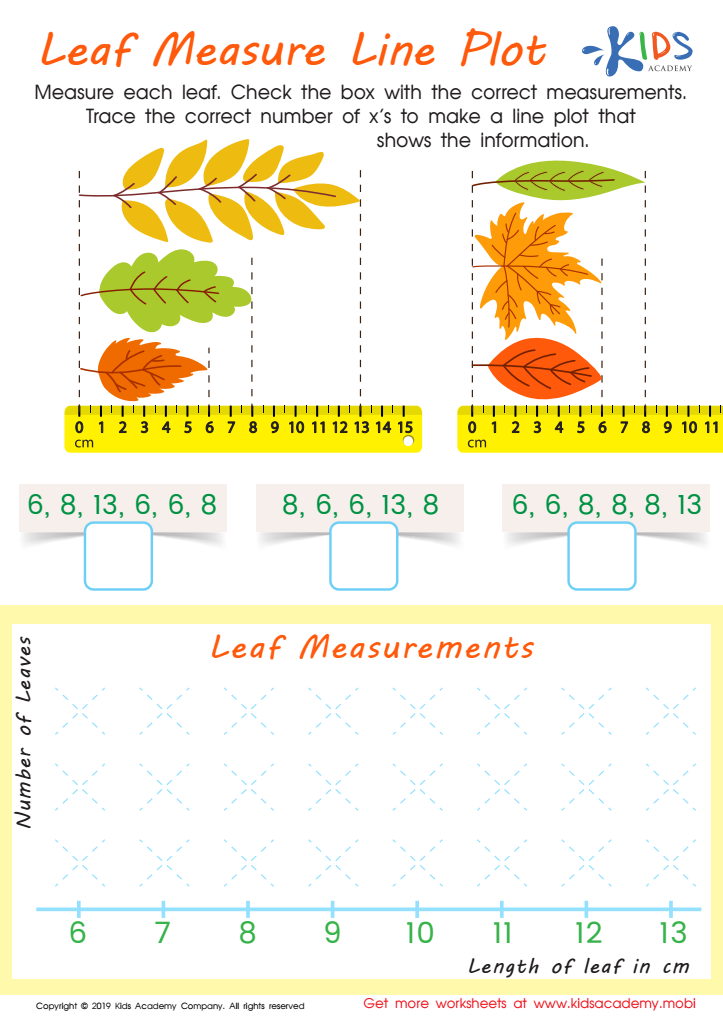

Leaf Measure Line Plot Worksheet
Understanding measurements is an essential foundational skill for children ages 6-8, and it's crucial for both parents and teachers to invest time in reinforcing this concept. At this age, children are developing their cognitive abilities to comprehend and apply math in everyday situations. Measurements introduce them to quantifying the world around them, which is a practical skill they use throughout their lives, whether they realize it or not.
Engaging with measurements helps sharpen critical thinking and problem-solving abilities. When children learn to measure length, weight, and volume, they better understand abstract concepts like size, quantity, and the relationships between different objects. For example, learning that a liter is more than a quart and understanding how to compare heights can enhance their ability to process comparisons and make estimations, which are fundamental mathematical skills.
Moreover, incorporating Measurements Extra Challenges in their math curriculum offers an excellent opportunity to build a growth mindset. By tackling advanced questions, children learn perseverance and develop confidence as they succeed. These challenging activities also foster a love for learning and exploration.
In a classroom or home setting, making measurements fun and relevant—through cooking, building, or playing games—turns learning into an adventurous activity, promoting a genuine interest in math. Therefore, nurturing these skills early benefits their overall academic journey and equips them with practical tools they will use far beyond the classroom.
 Assign to My Students
Assign to My Students





